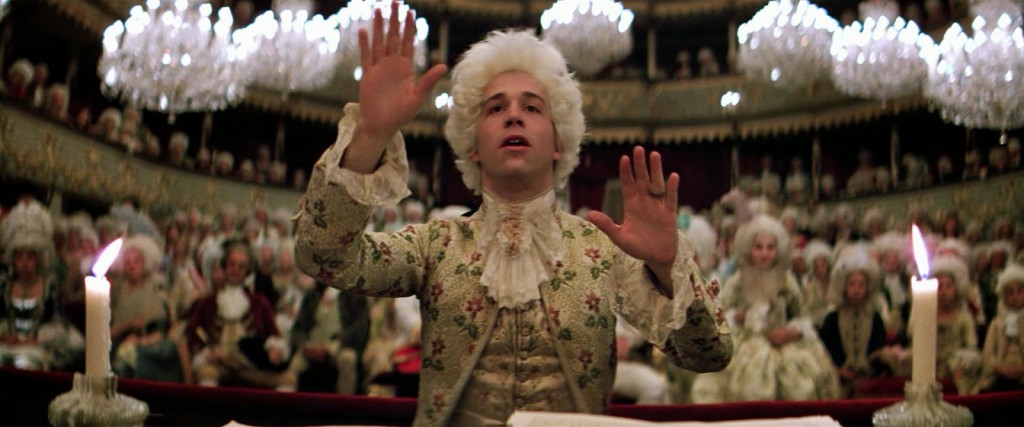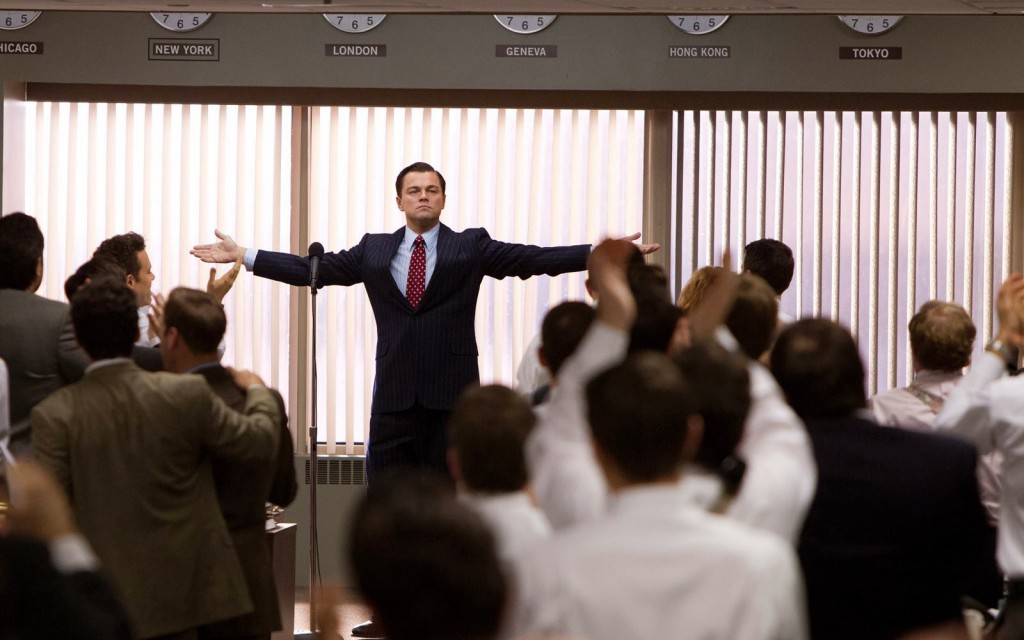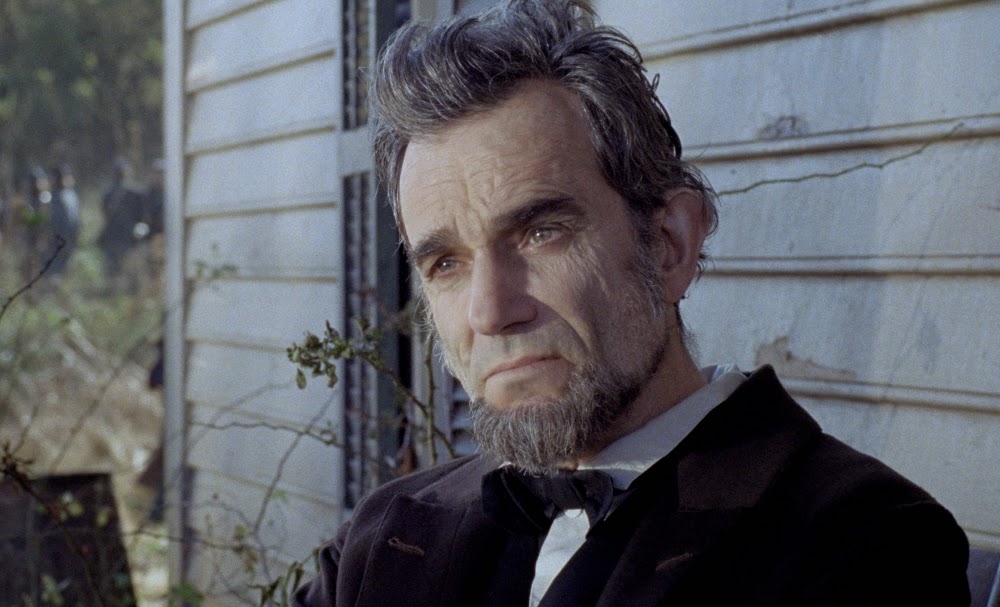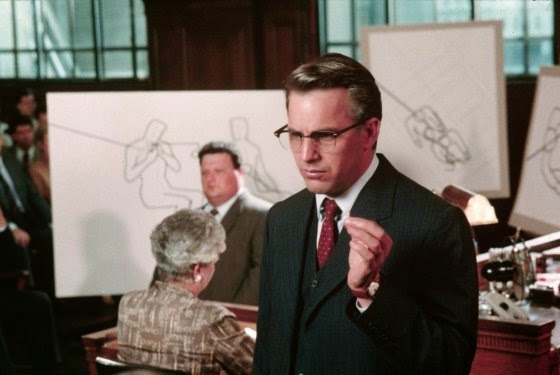The criticism leveled at Selma and American Sniper is nothing new.
Movies going back to Birth of a Nation (1915) have dramatized real events and people to debatable accuracy.
Filmmakers are first and foremost trying to tell a good story, not produce a work of non-fiction with citations floating at the bottom of the movie screen.
Of course that doesn’t mean such films are above criticism for the choices they make which clash with the historical record, but it’s hardly the only or even primary merit by which the films should be judged.
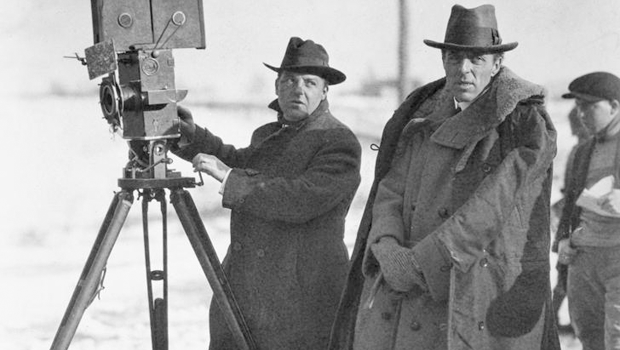 |
| D.W. Griffith on set, directing Birth of a Nation |
But if there is a consistent failure of these movies, it’s that they fail to recognize that they are a form of storytelling told from a specific point of view.
That is, historical dramas strive for realism with the use of period costumes, props and even the language used by characters. They create the illusion that the film screen is a window back in time.
But it’s a window seen through someone’s lens, and movies typically fail to make clear that there is a lens there, and/or whose lens it is .
The level of detail in the movie is so high that it was primarily lit with double-wick candles (instead of electrical lighting). And despite this attention to detail, the story is largely a farce; its depiction of W. A. Mozart is largely inaccurate. But that’s all fine when you take into account who the storyteller is: a jealous rival who just tried to commit suicide, telling the story from a mental institution.
Amadeus is an extreme example, especially given that the Salieri is the main character, but let’s look at many of Martin Scorsese’s movies, including Raging Bull, Goodfellas, Casino, and The Wolf of Wall Street. They are all about real people and events. And in all of them, the nature of storytelling is a primary element.
It’s not that Scorsese’s uses voice over, but the stylized look of these films are a reminder that what we’re seeing on screening is from the character’s memory (such as how the camera transfixes on a particular detail, or a moment is in slow motion).
What we’re seeing on screen is from within the minds of his characters. (And he does use voice over effectively — especially from various characters to show characters view and interpret events differently).
With a lot of bio-epics and historical dramas, there’s no clear perspective.
Who is telling the story? The director? The main character? There’s often a fly on the wall approach to the director’s style. They are recreating famous moments in world history that happened behind closed door, unseen from the world until now.
This is the case with Spielberg’s Lincoln that came under a good bit of criticism in 2012.
The changes it makes are understandable for its narrative and dramatic goals, but there’s an incongruity with that and the directorial style. In the absence of having any kind of recognition that this is a story being retold through someone’s filter, we’re left to assume that what we’re seeing on screen is some kind of facsimile of real events. By removing the storytelling element from the film, there’s an insinuation that what we’re seeing is a step removed from news footage.
There is something a bit disingenuous about historical dramas that obfuscate the viewpoint of the storyteller and particularly ones that pretend that there isn’t one.
This is the case with JFK, which may be the worst offender. (For the record, I think it’s a highly entertaining and well-made film).
Stone is honest with the fact that all of his theories are based upon stories various characters tell Jim Garrison, but he verifies those stories by showing us elements of them that the storytellers withhold or don’t understand the importance of, such as an appearance of Oswald in them.
It’s as if the film camera is the eye of God. (And then he advances his point of view by splicing in faux news footage with real footage — when he couldn’t find footage of someone saying something he needed to be said to help backup a theory he just creates it).
My overriding point is simple: if filmmakers won’t to avoid the criticism that they didn’t get the facts right, they cannot just remind people that what they’ve made is a movie — the film needs to somehow recognize that it is a story being told from someone’s perspective.





































































































